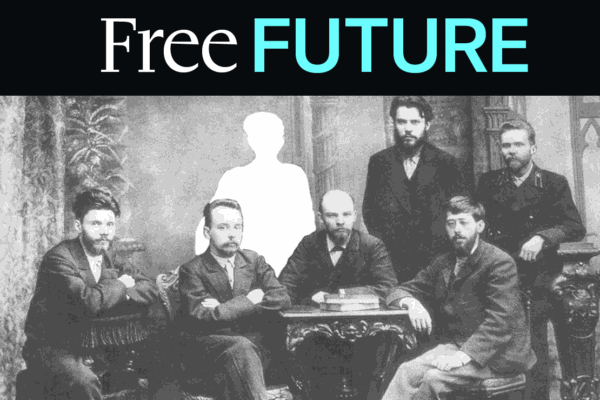ACLU in Court Again to Defend Library Against CA Parent Seeking Internet Censorship
FOR IMMEDIATE RELEASE
SAN FRANCISCO -- In a friend-of-the-court brief filed before a California appeals court, the American Civil Liberties Union is once again joining a unique legal battle over whether a parent can force a public library to censor Internet access of all its patrons in order to control her own child's use of the Internet.
A lower court dismissed "Kathleen R.'s" original complaint in 1997, in which she argued that the library's open-access policy constituted a "public nuisance." In an amended complaint filed last year, she argued that the library has a constitutional obligation to protect minors from pornographic images by blocking Internet access for all library patrons. Both her claims are now at issue before the appeals court.
"As the court recognized, it is no more legal for a parent to compel a library to censor the Internet than it is for the government to do so," said Ann Brick, a staff attorney with the ACLU of Northern California, which filed the brief on behalf of the ACLU of Northern California, the national ACLU, People for the American Way and the Freedom to Read Foundation, part of the American Library Association.
"The Livermore library's policy enables each family to be sure that its children use the Internet in a manner that is consistent with its own values, without imposing those values on other families," she added. Brick noted that this position has long been espoused by the American Library Association and the majority of libraries across the country.
Last year, in a related case, a federal appeals court in Virginia held that a library's policy of using blocking software to censor materials online "offends the guarantee of free speech." The ACLU represented Internet content providers in that case against trustees of Loudoun County, VA.
In voiding the Loudoun County library's blocking policy, the judge noted that the software, which claimed to "filter" out only obscene material, blocked sites including the San Francisco Chronicle and Examiner as well as the web site of the Maryland affiliate of the American Association of University Women.
"The Livermore Library Board recognizes, as the Virginia Library Board did not, that requiring the use of blocking software in libraries creates, rather than solves, constitutional problems," said ACLU national staff attorney Ann Beeson, who argued the Virginia case and is an attorney both in the "Kathleen R." case and in the ACLU's challenges to Congress' attempts at online censorship.
"If Kathleen R. has her way, the Internet will become as bland and homogenized as daytime television. I doubt other parents will thank her for it," Beeson added.
The case is Kathleen R.. v. City of Livermore, filed in the First Appellate District of the California Court of Appeal. Attorneys for "Kathleen R."have 20 days to file a reply brief.
The ACLU's brief in this case is online at: /court/CtAppBrief.html.
Read about the ACLU's earlier victory in Livermore at: /news/1999/n011499a.html.
Read all about the Loudoun County case at: /news/n112398a.html.



